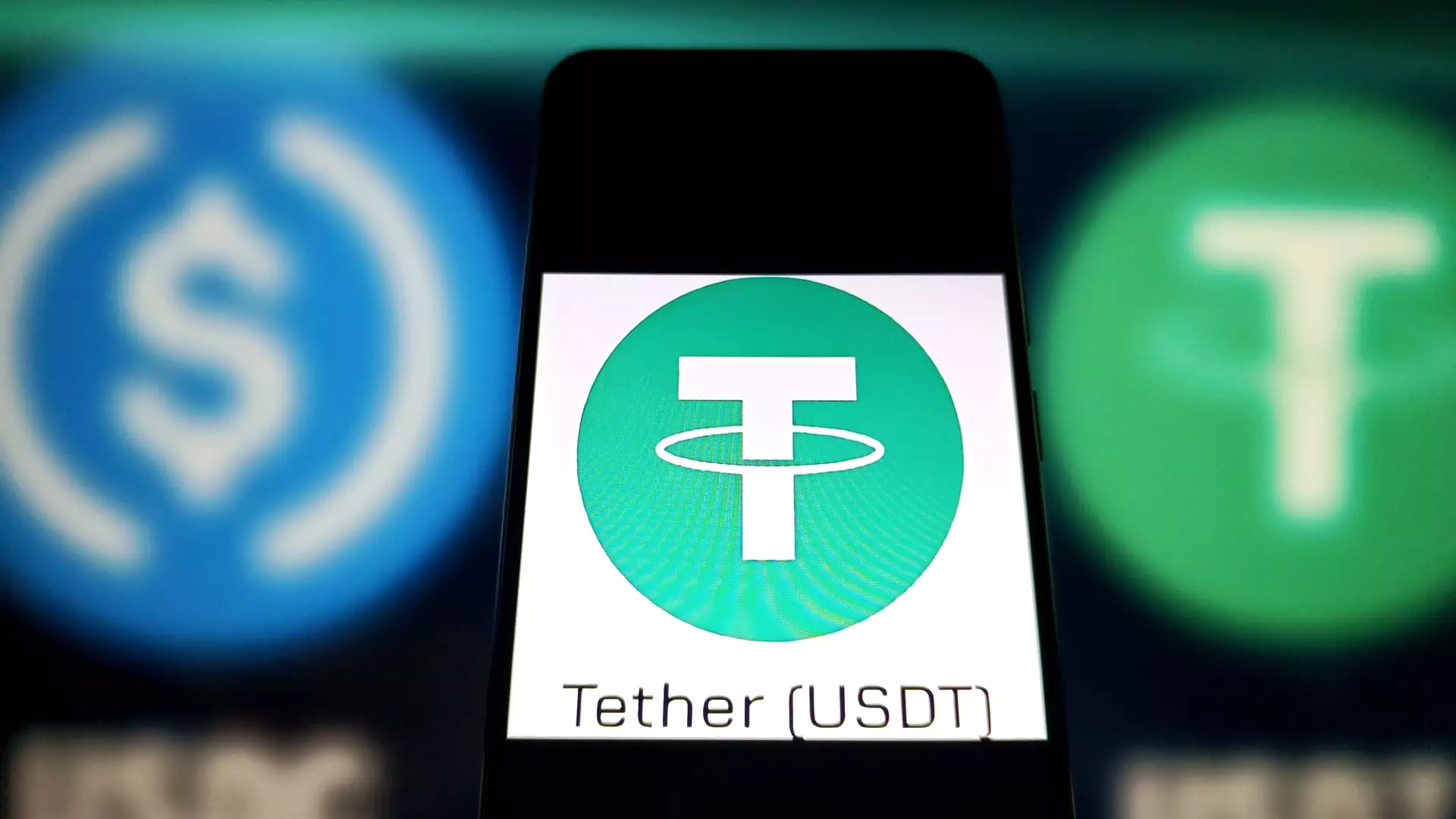In a significant move that underscores its ambition to be at the forefront of financial technology, Hong Kong has taken a decisive step by passing a bill designed specifically for stablecoins. This action signals more than just a regulatory overhaul; it represents an opportunity to reshape the cryptocurrency landscape in a manner that prioritizes not only financial innovation but also stability in markets that have been notoriously prone to volatility. Unlike erratic cryptocurrencies such as Bitcoin, stablecoins aim to tether their value to established assets, enabling them to serve as reliable mediums of exchange. By instituting a licensing regime applicable only to fiat-referenced stablecoins, Hong Kong is boldly positioning itself as a global leader in compliant digital finance.
The Regulatory Framework: A Double-Edged Sword
The implications of this newly minted legislation extend beyond mere compliance. The requirements imposed by the Hong Kong Monetary Authority (HKMA) mandate that stablecoin issuers manage asset reserves rigorously and segregate client funds, a change that could elevate consumer confidence in digital assets. While such stringent oversight is essential for fostering trust in an otherwise unpredictable environment, one must wonder if too many regulations could stifle the very innovation the bill aims to promote. It’s a delicate balance between protection and progress; while safeguarding the financial ecosystem is imperative, overregulation could lead to a stifling environment, choking off the creativity that often drives technological advancements.
Global Context and Competitive Edge
What makes Hong Kong’s initiative particularly striking is its timing and context. Just days prior to this policy rollout, the U.S. Senate pushed forward the GENIUS Act, which seeks to establish a framework for stablecoin regulation. This paints a picture of a rapidly shifting global landscape where different jurisdictions vie for leadership in digital currencies. With countries like Singapore, Japan, and European nations already advancing their own regulatory measures, Hong Kong’s proactive stance might serve as a litmus test for global practices. Rather than lag behind the U.S. and Europe, Hong Kong is setting a precedent that could outpace its competitors, encouraging a sustainable environment for institutional investors while simultaneously nurturing a diverse ecosystem for startups. The impact of this legislation could potentially ripple through the crypto world, attracting funds and talent that might otherwise have sought refuge elsewhere.
Implications for Financial Accessibility
Furthermore, stablecoins represent more than just a hedge against volatility; they offer profound implications for financial accessibility. As Chengyi Ong from Chainalysis highlighted, stablecoins are poised to alleviate traditional financial bottlenecks like slow cross-border transactions. In a globalized economy, these digital assets could become the linchpins for smoother financial operations, potentially even reaching populations that have long been excluded from the conventional banking system. However, the promise of these transformations hinges on effective regulatory frameworks that can sustain innovation without disenfranchising emerging players who may lack the resources to comply with stringent laws.
The Path Forward: Striking a Balance
As Hong Kong gears up to implement this new policy, the need for thoughtful engagement with industry participants becomes paramount. The HKMA’s commitment to conduct further consultations suggests a willingness to refine its approach based on real-world implications, a commendable step. Yet, there is a palpable risk that the regulatory framework, while well-intentioned, might unintentionally create barriers that could hinder growth rather than facilitate it.
The challenge lies in crafting a regulatory environment that empowers innovation while ensuring both consumer protection and systemic stability. This is where the true test for Hong Kong’s legislative ambitions will unfold: can it manage to forge ahead without an overbearing regulatory hand? If done successfully, Hong Kong could not only redefine its own financial landscape but also set a benchmark for others in this rapidly evolving digital age. With systemic pressures demanding both security and fluidity, Hong Kong’s engagement with stablecoins might just be the catalyst that spurs a revolution in how we perceive and interact with digital finance.



Leave a Reply